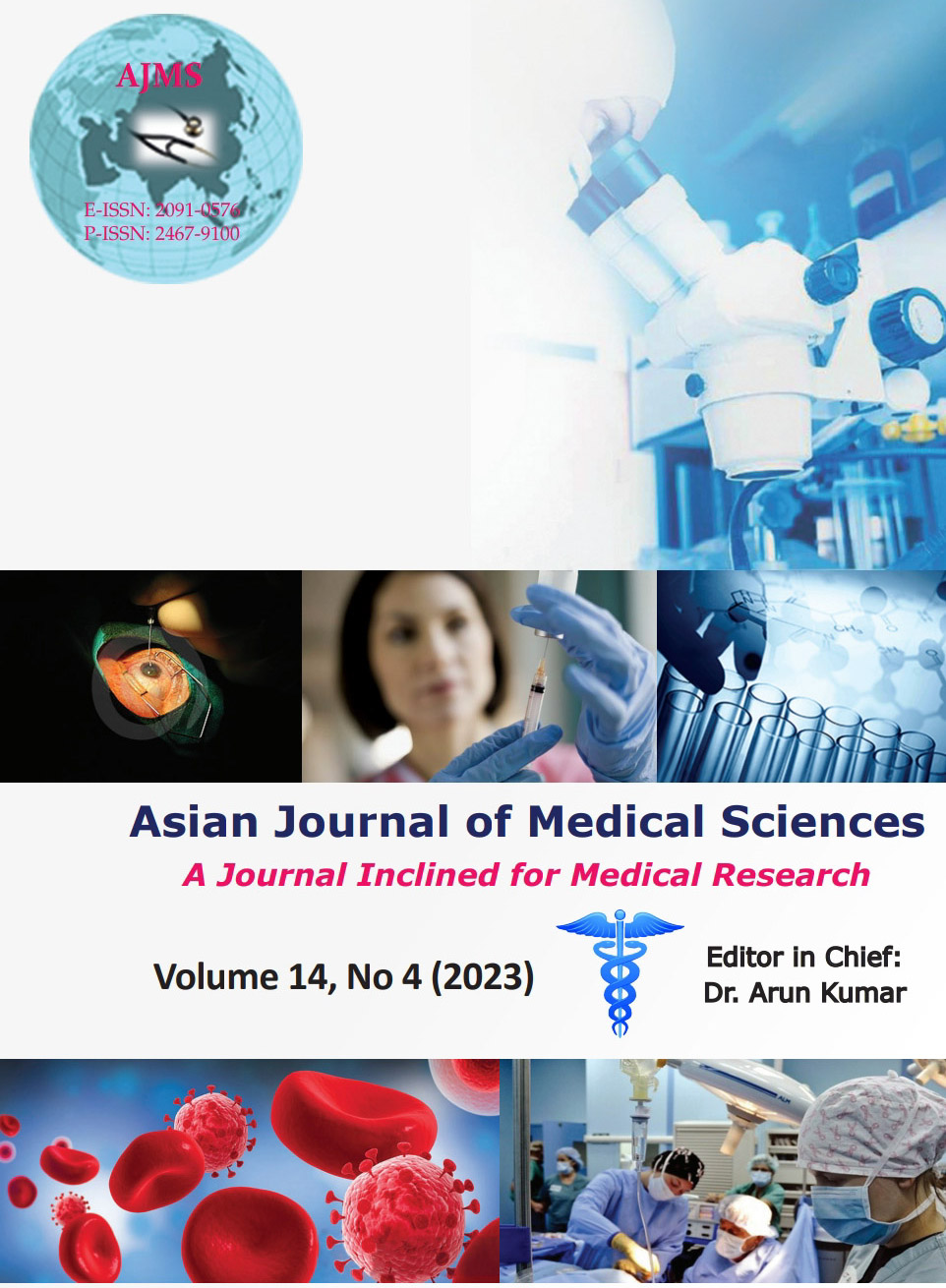Emotional intelligence and anxiety, stress, and depression in first phase medical undergraduates
Keywords:
Emotional intelligence; Psychological distress; Anxiety; Medical studentsAbstract
Background: Medical studies are one of the stressful course in India and worldwide. Emotional intelligence (EI) is a group of skills that can be learned to enhance coping skills and promote well-being.
Aims and Objectives: The present study is aimed to analyze the relationship between EI and psychological distress such as depression, anxiety, and stress in 1st-year medical undergraduates.
Materials and Methods: A self-reported questionnaire is used for assessing EI and psychological distress. A shorter version of the Trait EI questionnaire is used for assessing EI and the depression, anxiety, and stress subscale is used for assessing psychological distress. A total of 98 medical students participated in the study. Unpaired student’s t-test, ANOVA, and Pearson’s correlation coefficient analysis was performed.
Results: The results showed a negative association between EI and depression, anxiety, and stress. Depression, anxiety, and stress were found in 35.7%, 50%, and 14.3% of 98 participants, respectively. EI was found to be significantly higher in men. Women were found to be more affected than men.
Conclusion: High EI is associated with the lower psychological distress. This shows the need to assess and improve EI through practices that can improve their psychological health.
Downloads
Downloads
Published
How to Cite
Issue
Section
License
Copyright (c) 2023 Asian Journal of Medical Sciences

This work is licensed under a Creative Commons Attribution-NonCommercial 4.0 International License.
Authors who publish with this journal agree to the following terms:
- The journal holds copyright and publishes the work under a Creative Commons CC-BY-NC license that permits use, distribution and reprduction in any medium, provided the original work is properly cited and is not used for commercial purposes. The journal should be recognised as the original publisher of this work.
- Authors are able to enter into separate, additional contractual arrangements for the non-exclusive distribution of the journal's published version of the work (e.g., post it to an institutional repository or publish it in a book), with an acknowledgement of its initial publication in this journal.
- Authors are permitted and encouraged to post their work online (e.g., in institutional repositories or on their website) prior to and during the submission process, as it can lead to productive exchanges, as well as earlier and greater citation of published work (See The Effect of Open Access).




